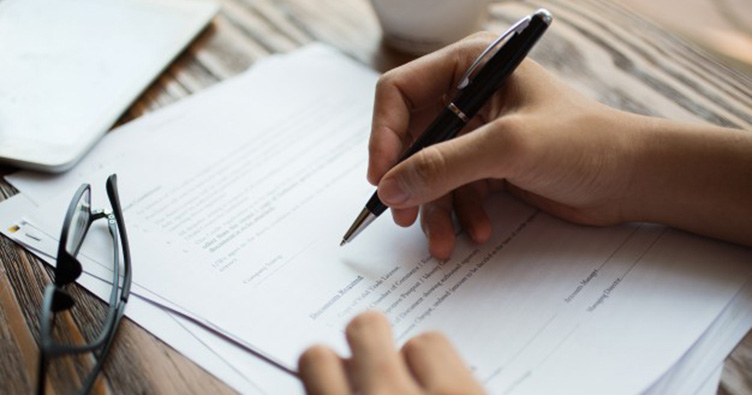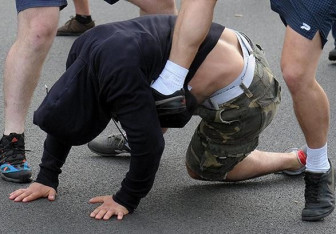Lawyer with 15 years of legal experience, specialization: family and civil law, inheritance, contract law, criminal cases, administrative cases, cases involving foreigners, migration law
Appeal proceedings in cases of intentional grievous bodily harm are an important stage in the criminal process, which allows for a review of the decision of the first instance court. This procedure provides additional guarantees for the protection of the rights of the accused and victims, allowing them to correct mistakes or clarify the circumstances of the case. In this article, we will look at the main stages and peculiarities of appeal proceedings in such cases, as well as draw attention to the role of a professional lawyer in this process.
The appeal procedure
Filing an appeal
The appeal procedure begins with the filing of an appeal. The appeal may be filed by the accused, his or her defence counsel, the prosecutor or the victim. The appeal must contain specific grounds for appealing the decision of the court of first instance, in particular, inconsistency of the court's conclusions with the actual circumstances of the case, violation of substantive or procedural law, as well as other circumstances affecting the fairness of the verdict.
Acceptance of an appeal for consideration
After an appeal is filed, the appellate court checks its compliance with the requirements of the law. If the appeal meets the established requirements, the court accepts it for consideration and sets a date for the hearing. If the court finds any deficiencies in the appeal, it may grant a time limit for their elimination.
Appeal proceedings
The appeal hearing is held in an open court session with the participation of all parties to the proceedings. The court examines the arguments of the appeal, hears the parties' explanations, examines the evidence and examines the case file. The Court of Appeal has the right to independently question witnesses, order examinations and request additional evidence.
Decision of the court of appeal
Upon consideration of an appeal, the court may uphold the verdict of the first instance court, change it, or cancel it and issue a new verdict. The Court of Appeal may also remand the case to the court of first instance for a new trial if it finds significant violations of procedural rules or other circumstances that require a retrial.
Appellate practice
Statistics of appeals
According to statistics, a significant number of appeals in cases of intentional grievous bodily harm are partially or fully satisfied. This demonstrates the importance of appellate review as an effective mechanism for protecting the rights of participants in criminal proceedings. Most often, appellate courts review verdicts based on new evidence, errors in the classification of a crime or violations of procedural rules.
Common mistakes made by first instance courts
Typical errors that give rise to appeals against verdicts include incorrect classification of the crime, incorrect assessment of evidence, violation of the right to defence, and non-compliance with procedural law. Lawyers often pay attention to these aspects when preparing appeals and prove their validity in court.
The role of an attorney-at-law in appeal proceedings
A lawyer plays a key role in the preparation and consideration of an appeal. He or she analyses the case file, identifies errors and violations committed by the court of first instance, and prepares a well-founded appeal. A professional lawyer also represents the interests of the accused or the victim in court, protecting their rights and interests.
If you need professional assistance in considering an appeal in a case of intentional grievous bodily harm, please contact the lawyers at https://consultant.net.ua. Our specialists have extensive experience in defending clients under Article 121 of the Criminal Code. A lawyer under Article 121 of the Criminal Code of Ukraine Intentional grievous bodily harm will provide you with qualified legal assistance, help you collect the necessary evidence and effectively defend your rights in court. A lawyer under Article 121 of the Criminal Code will provide a professional approach to your case, and a lawyer for Intentional grievous bodily harm will provide a reliable defence at all stages of the appeal process. Contact us to get high-quality legal assistance and protect your interests.
Conclusion
Appellate proceedings in cases of intentional grievous bodily harm are an important stage of the criminal process, which allows correcting mistakes and ensuring a fair trial. The professional assistance of a lawyer is indispensable in this process, as it ensures the protection of the client's rights and interests at a high level. Contacting experienced attorneys at https://consultant.net.ua will help you get the necessary legal assistance and successfully protect your rights in complex criminal cases.

































